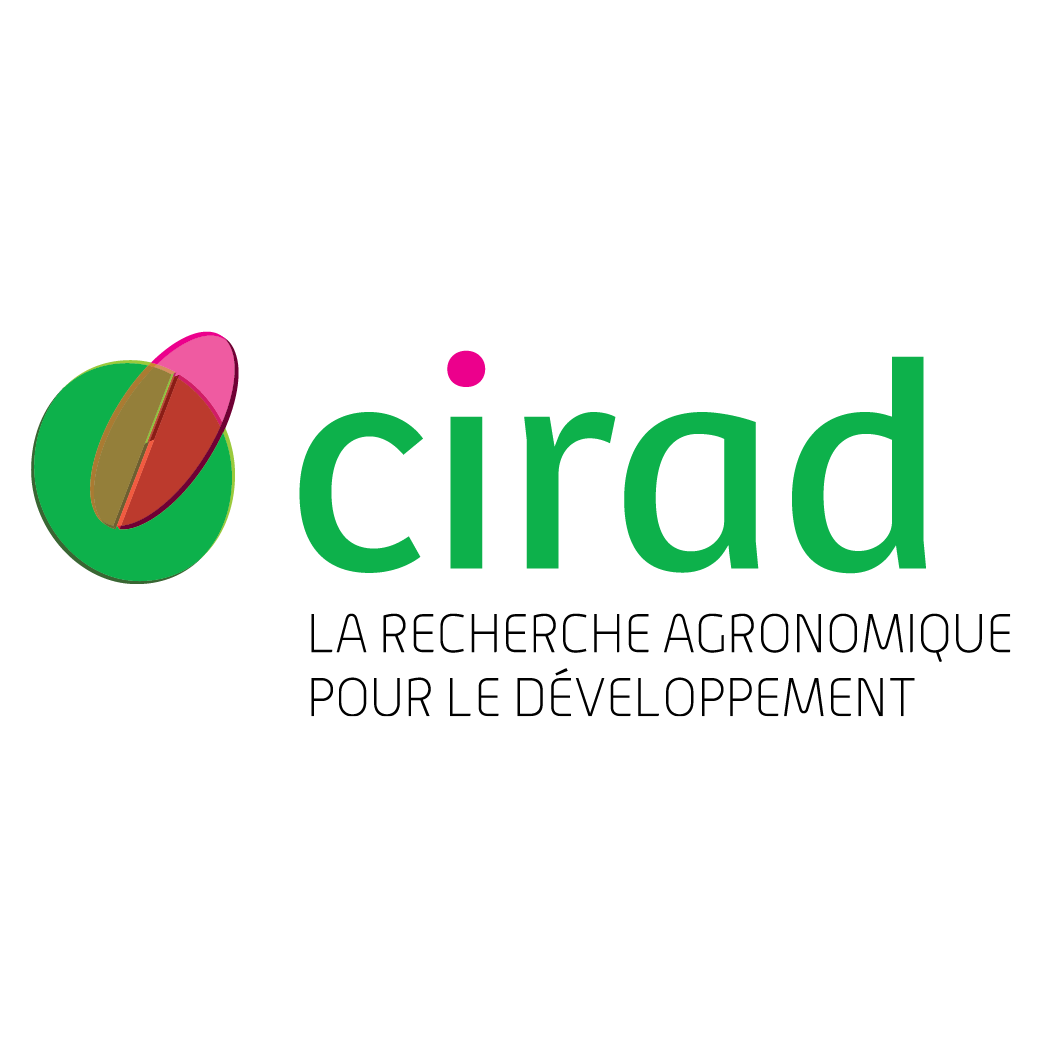Research laboratories
- Home
- Find a research laboratory
- Markets, Organizations, Institutions and Stakeholders Strategies
UMR 1110 - Markets, Organizations, Institutions and Stakeholders Strategies (MOISA)
The joint research unit Moisa is interested in issues related to the strategies of actors, whether private or public, individual (consumers) or collective (social groups of market or non-market production), their internal (enterprises) or external (vertical and horizontal coordination) organisation, the functioning of institutions (markets, regulations), applied to agro-food and rural agricultural systems in Mediterranean and tropical zones.
Approximately 80 permanent staff and 30 PhD students
The Regaal team is interested in the shareholder, partnership and territorial governance of agri-food companies, in relation to consumer behaviour and marking policies. It also raises the question of the dynamic relationship that exists between the governance, strategy and performance of these companies or networks of companies and focuses in particular on SMEs in their strategic choice of adaptation in relation to dominant players (multinationals for example) or avoidance, and by the construction of alternative channels.
The team's work revolves around two main questions, one more qualitative and exploratory, which deals with the dynamics of standards and policy development, the other more normative, in terms of the effectiveness of the systems. This work is based on contributions from economists, sociologists, anthropologists and politicians. The Copaad team is the result of the merger in September 2014 of two former teams from UMR Moisa (Maisa and Normes)
The team is interested in the evolution of agricultural production methods in a context of trade globalization. On the one hand, it studies the consolidation of the supply of agricultural products by a small number of agricultural firms; on the other hand, it highlights changes in agricultural household activity systems as a persistent and adaptable form of production organization. Finally, it questions the sustainability of the forms of recomposition of agriculture by taking into account the pressure on the resources they induce.
Supervisory bodies



Other Supervisory bodies
- CIHEAM
Unit Manager
Paule MOUSTIERLocation
Region : Occitanie (Montpellier)University site : Université de Montpellier (MUSE)
Address :
Montpellier SupAgro - CEE-M - Bâtiment 26 - 2 Place Viala - 34060 Montpellier Cedex 2
© Agreenium, the French training and research alliance for agriculture, food, environment and global health - Contact

